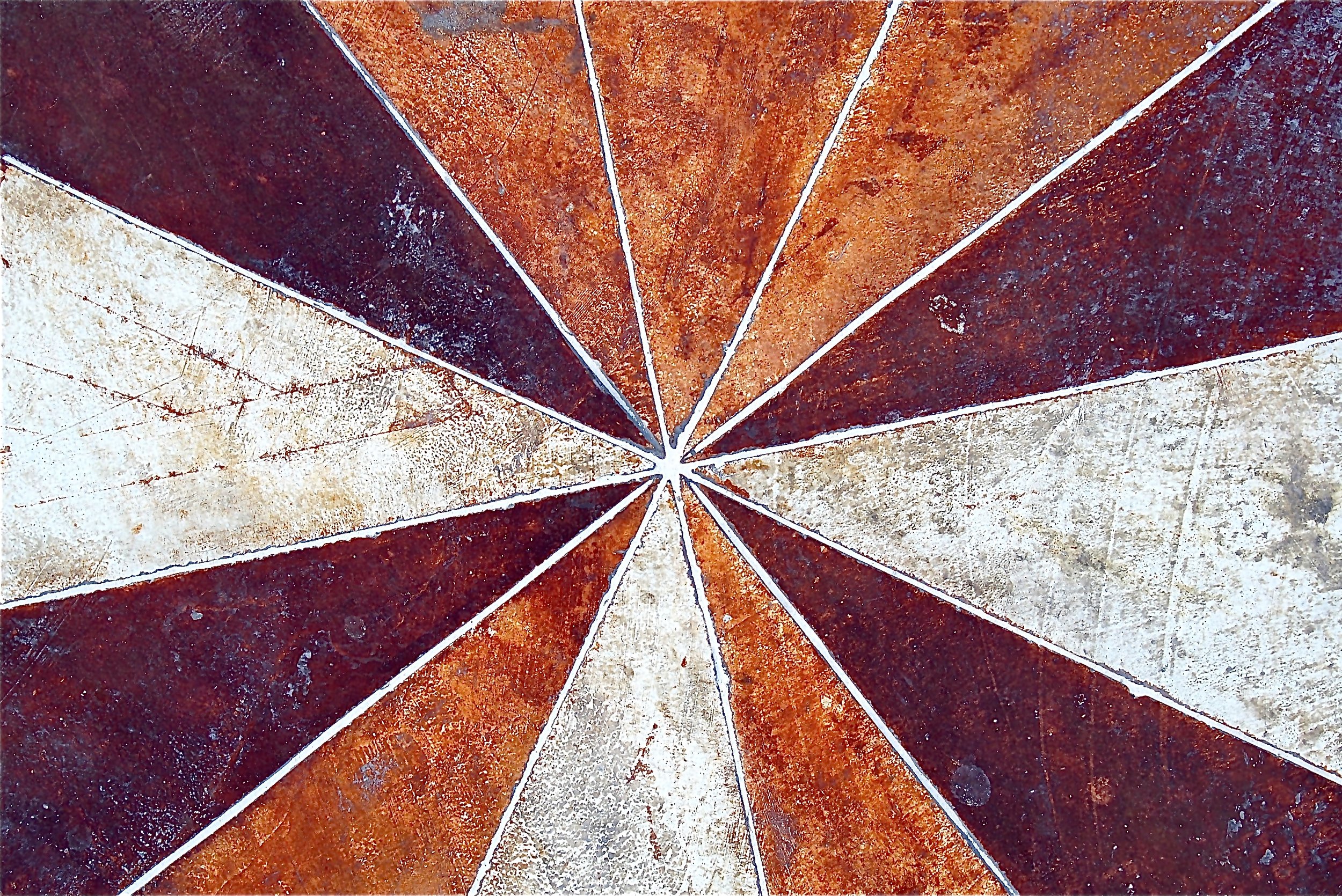Why psychoanalytic psychotherapy?
People sometimes come to therapy seeking help in getting through a challenging time or in making a difficult decision. At other times they're looking to change long-term patterns of behaving and relating. Some are interested in more generally examining their motivations and increasing their self-awareness — in other words, they want to get to know themselves better. And sometimes we feel lost or hopeless and aren’t sure what to do.
Sidewalk inlay at pier in Puerto Morelos, Quintana Roo, Mexico, 2010
We can all sometimes struggle to integrate, accept, and/or manage intersecting, multiple, and sometimes seemingly contradictory aspects of our experiences. Some examples of these include:
sexuality and sexual expression/experience
gender and gender expression/experience
race and ethnicity
romantic and other significant relationships
dissociated states
privilege
class
career
faith
and family.
Part of what makes us human is the ongoing challenge of reconciling powerful external as well internalized sociocultural, economic, and familial influences and expectations with our internal psychic experiences and self-images.
We can often also find that our lives and our relationships are sometimes limited, dulled, or stuck. Or that we don’t seem to have full access to the entirety of our experiences. Past confusing or potentially traumatic experiences can often contribute to these blocks or impasses. With a focus on the present, we can revisit and reframe past experiences — and begin changing and improving the quality your life and your relationships currently and moving forward.
Whatever your goal, motivation, or need, I believe psychoanalytically-informed psychotherapy can facilitate discovery and change that can increase self-knowledge as well as strengthen and improve the quality of your relationships not only with with the significant people in your life but also — and maybe more importantly — with yourself.
For more about my clinical approach and philosophy, click here.
For more about me, click here.
